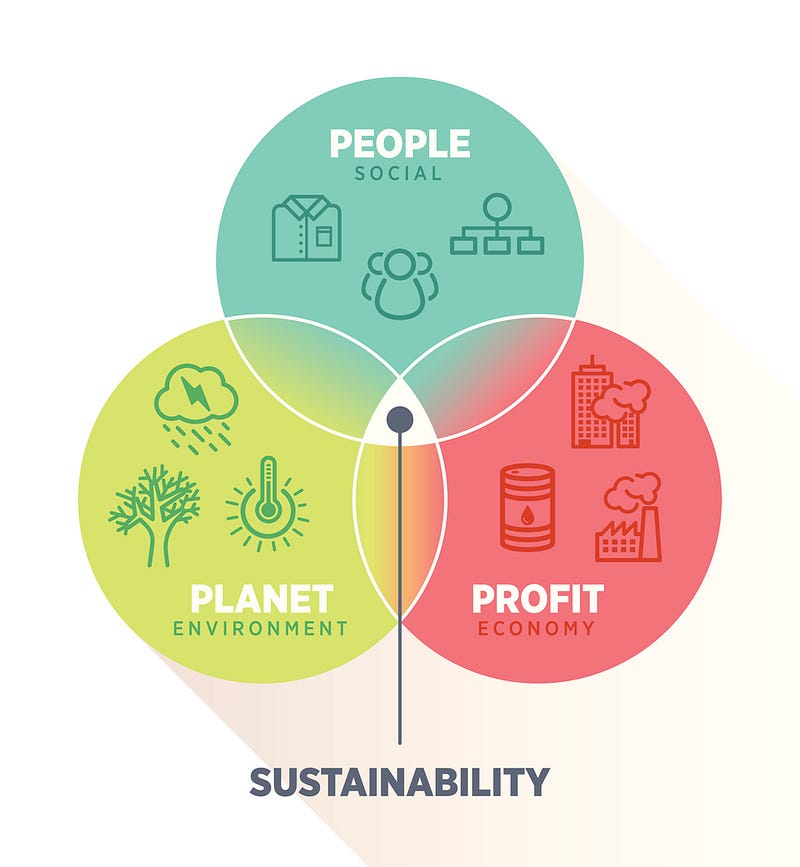Building Sustainable Business Strategy
Building a Sustainable Business Strategies for Long-Term Success
Building a sustainable business is essential for long-term success. In today’s world, businesses face a multitude of challenges, including environmental concerns, social responsibility, and economic uncertainty.
Building a sustainable business involves more than just generating profits; it requires a holistic approach that considers environmental, social, and economic factors.

Here are various strategies for building a sustainable business for long-term success:
Developing a Clear Mission and Values:
Define your company’s mission and values, outlining its purpose beyond just making profits.
Ensure alignment between your mission and values and your business practices, decision-making processes, and relationships with stakeholders.
Implementing Environmental Sustainability Practices:
Adopt environmentally-friendly practices throughout your operations, such as reducing waste, conserving energy, and minimizing carbon emissions.
Invest in renewable energy sources, energy-efficient technologies, and sustainable materials to reduce your environmental footprint.
Consider eco-friendly packaging, recycling programs, and green supply chain practices to minimize environmental impact across your value chain.
Embracing Social Responsibility:
Engage in corporate social responsibility (CSR) initiatives that benefit the community, such as volunteering, philanthropy, and supporting local causes.
Foster diversity, equity, and inclusion within your organization, promoting a workplace culture that values and respects individuals from all backgrounds.
Ensure ethical sourcing and fair labor practices throughout your supply chain, adhering to international labor standards and promoting fair wages and working conditions.
Promoting Stakeholder Engagement:
Cultivate positive relationships with all stakeholders, including customers, employees, suppliers, investors, and the local community.
Solicit feedback from stakeholders and incorporate their perspectives into your decision-making processes, fostering transparency, trust, and accountability.
Communicate openly about your sustainability efforts and achievements, demonstrating your commitment to stakeholders and building credibility as a responsible business.
Creating a Strong Corporate Culture:
Establish a values-driven culture that prioritizes integrity, transparency, and accountability at all levels of the organization.
Empower employees to contribute to sustainability initiatives and participate in decision-making processes that impact the company’s social and environmental performance.
Recognize and reward employees who demonstrate a commitment to sustainability, fostering a culture of innovation, collaboration, and continuous improvement.
Measuring and Reporting Sustainability Performance:
Set measurable sustainability goals and targets aligned with your business objectives, tracking progress over time and adjusting strategies as needed.
Implement robust monitoring and reporting systems to measure key performance indicators (KPIs) related to environmental, social, and economic sustainability.
Publish annual sustainability reports or disclosures to communicate your progress, achievements, and areas for improvement to stakeholders, enhancing transparency and accountability.
By integrating these strategies into your business practices, you can build a sustainable business that not only contributes to environmental and social well-being but also fosters long-term success and resilience in a rapidly changing business landscape. Sustainability is not just a trend; it’s a fundamental principle that drives value creation, innovation, and competitiveness in today’s interconnected world.


Comments
Post a Comment